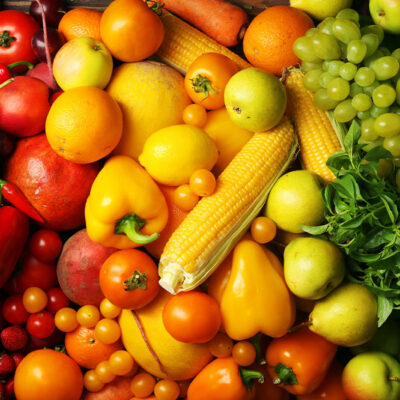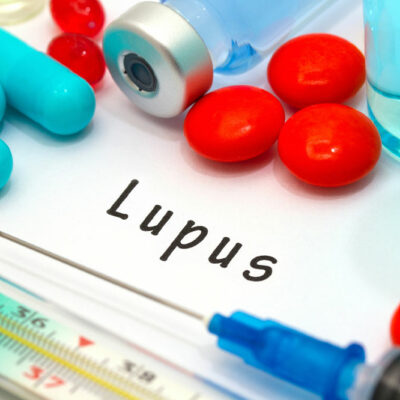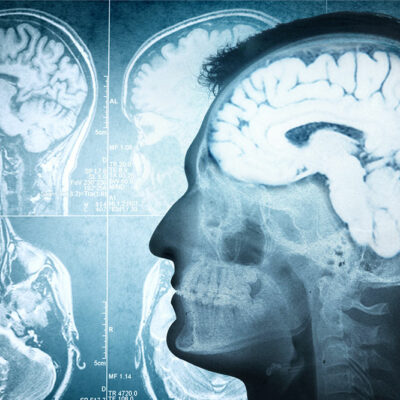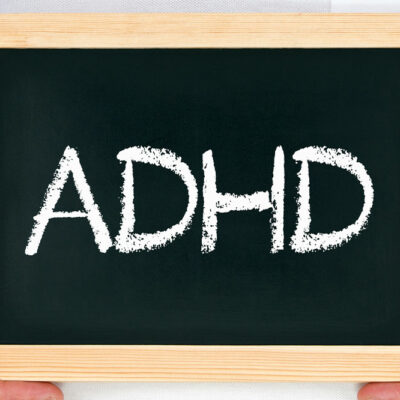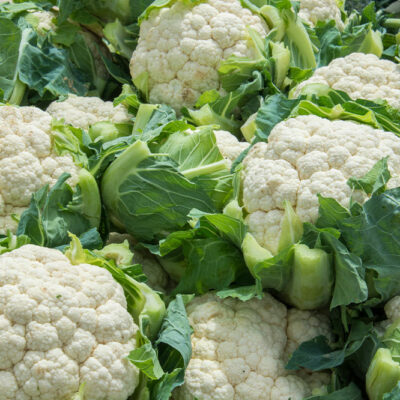
health
10 foods to have for a healthy bladder
The bladder is a type of muscular sac located just above the pubic bone behind the pelvis. Its primary function is to collect and store the urine produced by the kidneys. The bladder can hold 400 to 600 ml of urine produced in a day before it is evacuated from the body. Foods and beverages consumed daily play a crucial role in maintaining bladder health. So here are ten bladder-friendly options to assist organ function. Cauliflower Cauliflower is a rich source of fiber, folates, vitamin C, vitamin K, and mainly indoles, a specific plant chemical compound that is effective in countering inflammation in the urinary tract. Broccoli and cabbage are also excellent cruciferous vegetables to consume regularly. In addition, nutritionists suggest kale and collard greens, among other cruciferous vegetables, to boost fiber and antioxidant intake. Watermelon Water helps the body flush out toxins by way of urine. Thus, including water-rich fruits and vegetables like watermelon, cantaloupe, papaya, peaches, and coconuts can help boost hydration. This is one of the reasons why urologists also suggest drinking more water as it helps dilute the urine and increases the frequency of urination. Assorted berries Cranberries and cranberry juice are generally recommended for managing bladder and urinary tract infections.


